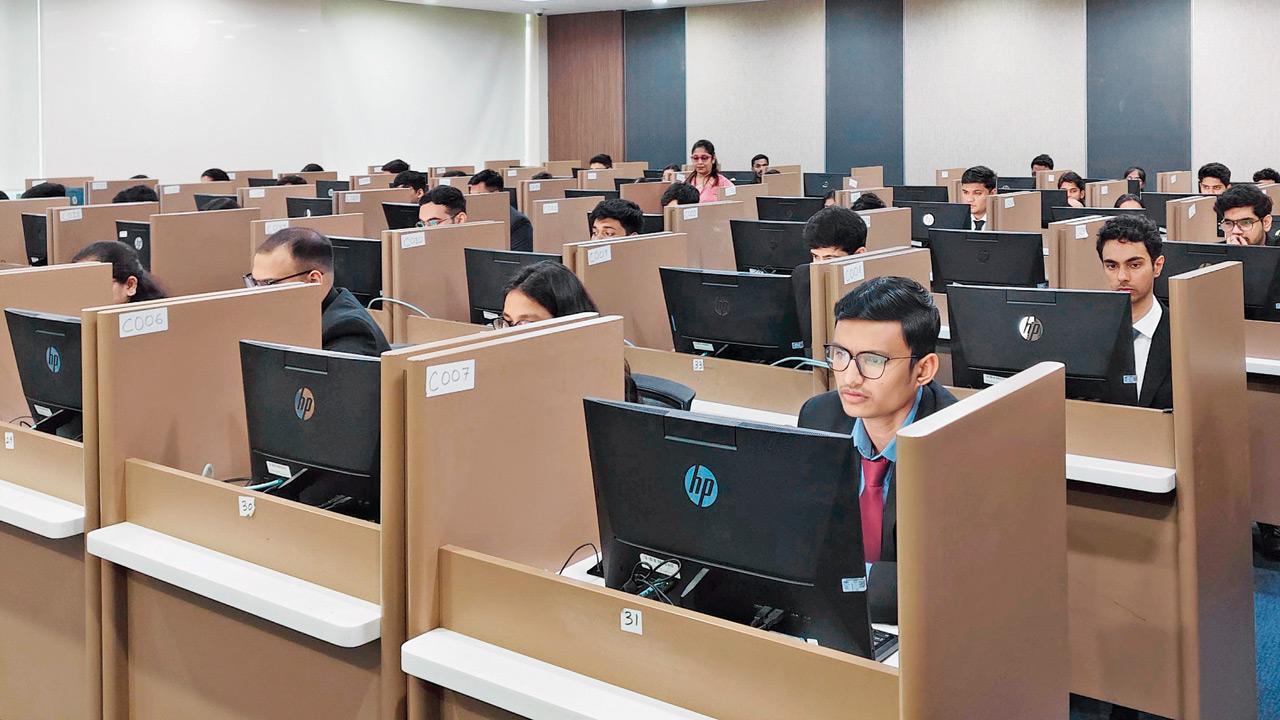With MBA admissions around the corner, students may soon find Artificial Intelligence (AI) playing a much bigger role in their evaluation. Over the last few years, aspirants have faced AI-PIs (Artificial Intelligence-based Personal Interviews), but the upcoming admission cycle will see the software going beyond scripted Q&As — introducing sentiment analysis as a new layer of assessment.
AI models are now being trained to capture voice modulation, facial expressions, vocabulary, and body language to gauge how confident, calm, and composed candidates remain under pressure. Mumbai’s Narsee Monjee Institute of Management Studies (NMIMS) is already collaborating with its alumni to train these AI systems and refine their use in interviews.
In a typical 20-minute Personal Interview (PI) at NMIMS, 12 minutes will now be led by AI, while the remaining 8 minutes will be conducted by industry experts, explained Dr Sharad Mhaiskar, pro vice-chancellor of NMIMS. “The purpose of these AI models is to track student reactions to different types of questions,” said Dr Mhaiskar. “It helps us understand which questions make them uncomfortable and which they handle confidently.”
According to him, analysing these reactions allows the panel to better assess the soft skills of applicants — such as communication, leadership, confidence, and emotional balance. Developed by an NMIMS alumnus, the sentiment analysis model is still in the testing phase but is expected to be rolled out in the upcoming admission season.
Another aim behind this AI-driven system is to eliminate human bias, explained Samir Kamath, NMIMS alumnus and CEO & co-founder of Splashgain Technology Solutions, which is supporting the AI-PI model. “Sometimes, a student may make a number of blunders during the interview, but a single stellar answer may sway the questionnaire due to underlying biases. Testing student emotions and establishing a pattern with AI helps us remove these,” Kamath told mid-day.
On the backend, the AI generates a behavioural graph for each candidate, tracking mood fluctuations and response confidence throughout the interview. The process remains human-proctored, with final “post-validation” done by experts to ensure fairness — especially in cases where a student’s performance dips sharply on certain questions. So far, nearly 13,000 NMIMS aspirants have already taken the regular version of AI-led interviews.











